The clear winner in the Greek crisis is the author of The Little Book of Negotiating Clichés, whose royalties must have been pouring in as the clock ticked towards midnight while European leaders took positive steps back from the brink and found themselves speaking the same language, perhaps because they were reading from the same page. But assuming this predictable dance results in terms that Prime Minister Tsipras can persuade his comrades to accept before the IMF’s default deadline and the moment when the Greek banking system can no longer seek life-support from the European Central Bank — which is all still quite a big assumption — who will be the loser?
Opinion now divides between those, including me, who think the euro will be more robust and durable if it parts company with Greece, and that the risk of ‘Grexit’ contagion across southern Europe is negligible; those who think the single currency has always been a doomed political fantasy and that the Greek debacle, whatever its outcome, is a minor foretaste of the cataclysm to come; those of the Jean-Claude Juncker persuasion who sincerely believe the European ideal is worth every compromise, however fudged or temporary; and those who don’t much care about monetary rigour or European unity but would rather see any sort of settlement than a Greek nation thrown into destitution, chaos and the desperate option of a Russian embrace.
If a deal is reached, all those parties — except mine — will draw some comfort, just as bond markets did in response to what they saw as favourable progress on Monday. Catastrophists will argue that the eurozone is more likely than ever to be blown apart by internal conflicts which its leaders have refused once more to address head on. And I shall argue that contagion of a different kind has already set in, because henceforth every euro-delinquent, however profligate, irresponsible or corrupt, will have Greece as a precedent for wriggling off the hook.
Hot potash
The hottest election issue here in north Yorkshire was fracking: so hot that in the end no candidate was prepared to speak unequivocally in favour of it. But a more interesting issue — because big money has already been spent, and the arguments are more finely balanced — is polyhalite fertiliser, or potash, of which some 2.7 billion tonnes lie waiting to be exploited under the North Sea coast. Since 2011, Sirius Minerals has been negotiating with the North York Moors National Park Authority to build a minehead on remote farmland south of Whitby. The company has invested £125 million to date, while the cash-strapped authority has spent the best part of £1 million processing the application.
Next Tuesday, the planning committee will decide one way or the other, armed with a 230-page paper by their officers which ducks a recommendation but says the proposal fails tests that would let it be treated as an exception to the park’s primary duty to ‘conserve and enhance natural beauty, wildlife and cultural heritage’. Some committee members are local councillors who (I hear) think the economic benefits outweigh the threats to nature; others fear that, where miners tread, frackers will follow. Sirius shares — a plaything in this sector ever since the project was unveiled — saw panic selling last week when the paper was published. But some tipsters believe there’s everything to play for, even if Australian chief executive Chris Fraser has to go to a planning appeal and raise £1.5 billion before he can bring a bucket out of the mine.
Which way would I vote? Industrialisation of wild landscape is always to be regretted, and tourism will probably suffer. But natural fertiliser (this one works well for ‘high-value vegetables and fruits, particularly in dry regions’) is a good thing in a world that needs higher crop yields to feed growing populations; we do not have the luxury of scorning accessible mineral resources. Exports from the mine of up to £1.2 billion a year would be a boost to GDP and the balance of trade; 5,000 jobs could be created, and £48 million a year injected into the local economy. A potash mine has operated nearby for decades without evident harm. My own balanced conclusion remains, as when I first tackled this topic two years ago, that the authority would be ‘barking mad’ to say no — with the additional proviso that a national park with such a narrow remit is the wrong authority to handle a decision with such broad implications.
High stakes
The 1995 bid for Chrysler by billionaire Kirk Kerkorian, who has died aged 98, was a vivid example of ‘casino capitalism’. Kerkorian was a high-stakes gambler who made his fortune in Las Vegas real estate and knew nothing about car-making. But he was a buddy of Chrysler chief Lee Iacocca; out of the blue in 1990, Kerkorian instructed his broker at Bear Stearns to buy 10 per cent of Chrysler’s shares. The broker reported to his boss, legendary Wall Street trader Ace Greenberg, that ‘Kirk must be going crazy’. ‘Maybe,’ Greenberg replied, ‘but don’t ever tell Babe Ruth how to hold his bat.’
Kerkorian, someone once said, ‘dated stocks, but didn’t marry them’. When he launched his $23 billion bid five years later he had no desire to own Chrysler; he just wanted more bang for his buck, chiefly in bigger dividends. He didn’t have finance lined up to complete the deal, and he and Iacocca — by now retired, and controversially signed up as Kerkorian’s adviser — didn’t have a serious plan to improve the company’s performance. What he did do was drive Chrysler’s board to court a merger with Daimler-Benz that turned into a takeover by the stronger German company. Kerkorian’s share stake cost him $1.5 billion, of which he borrowed $1 billion; it earned more than $400 million in dividends until Daimler-Benz bought him out, when it turned into $4.8 billion of cash. His luck wasn’t always that good, but he was never a man to bet against.
Got something to add? Join the discussion and comment below.
Get 10 issues for just $10
Subscribe to The Spectator Australia today for the next 10 magazine issues, plus full online access, for just $10.


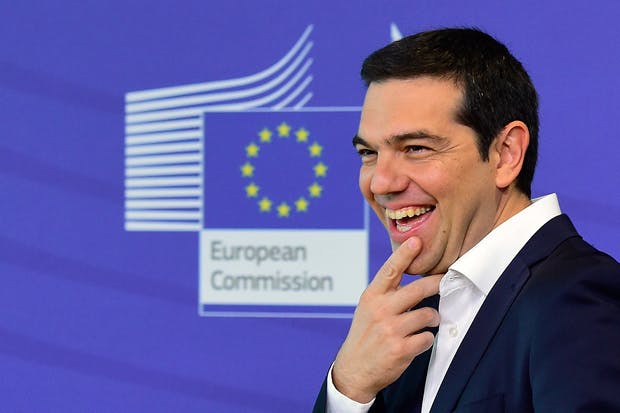

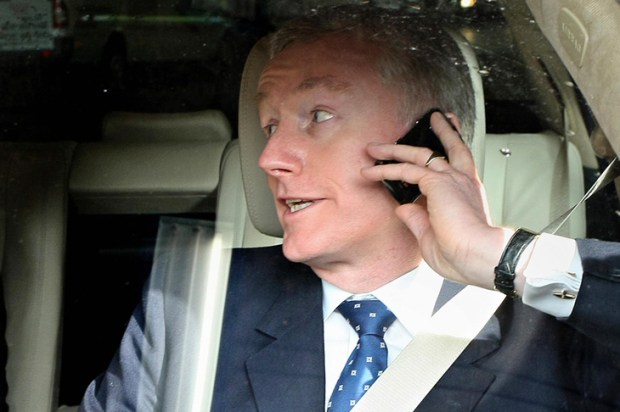

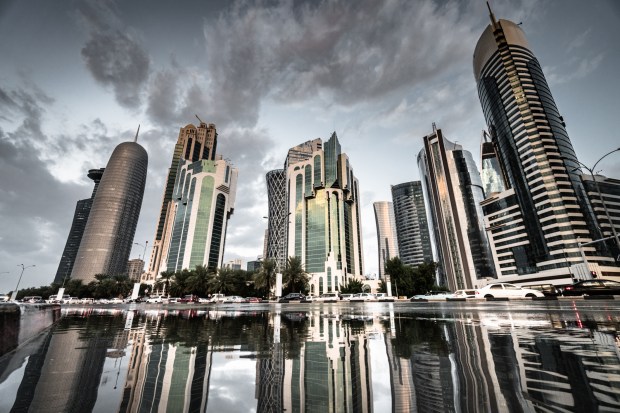
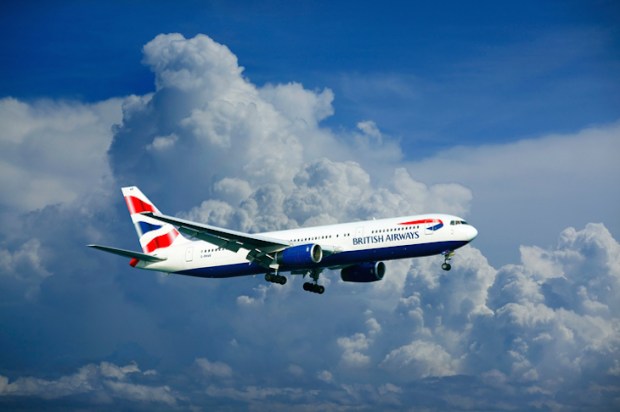
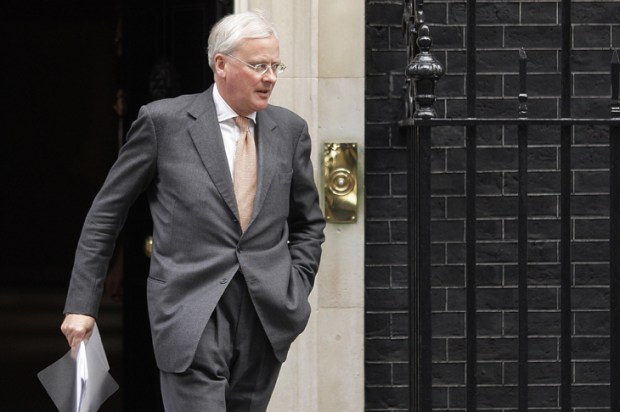






Comments
Don't miss out
Join the conversation with other Spectator Australia readers. Subscribe to leave a comment.
SUBSCRIBEAlready a subscriber? Log in